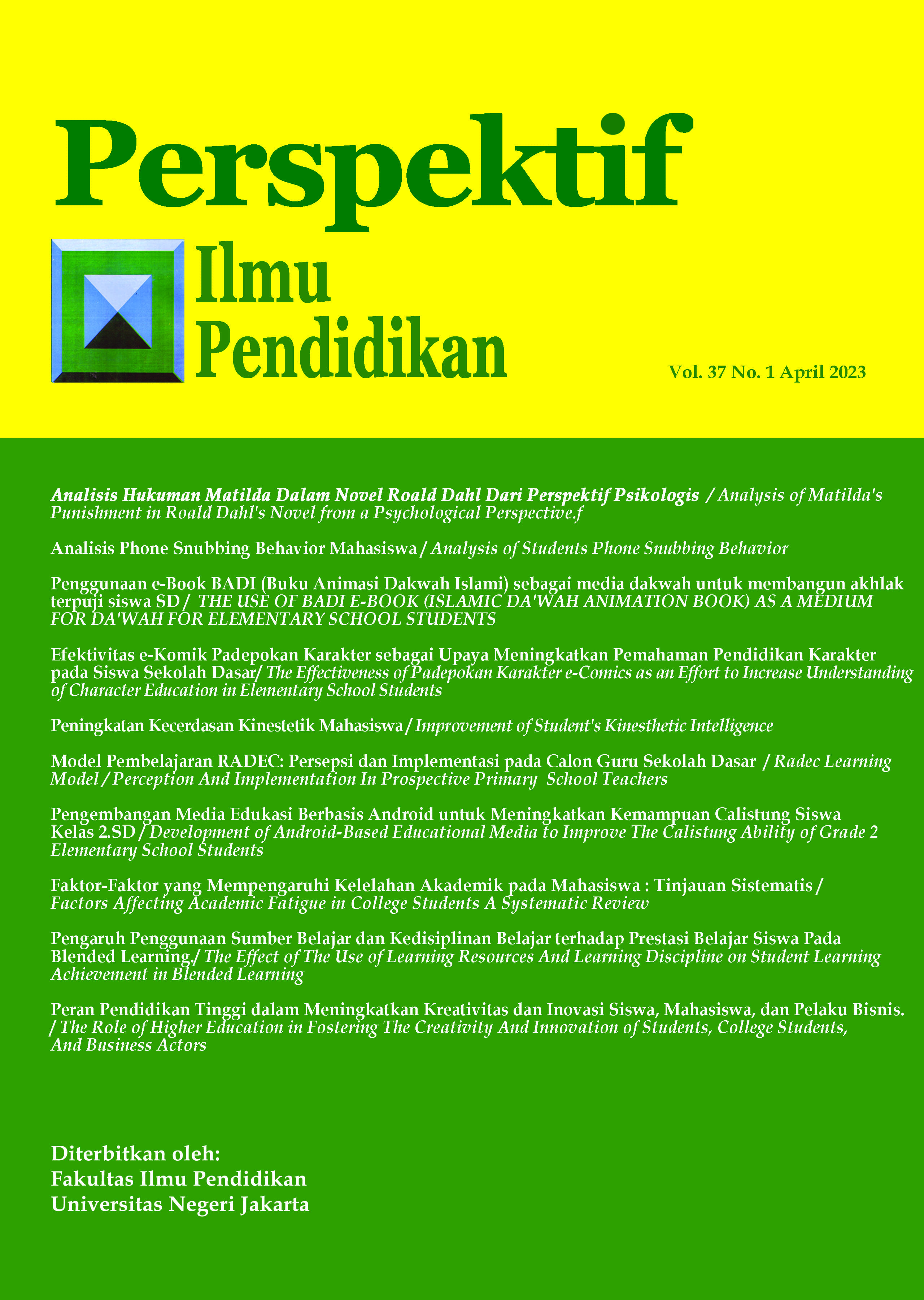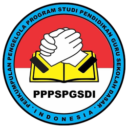Analysis of Phone Snubbing Behavior among College Students
DOI:
https://doi.org/10.21009/PIP.371.2Keywords:
Pubbing, Smarthphone, MahasiswaAbstract
The phenomenon of phubbing is inherent in all circles, especially students, phubbing behavior shows impolite behavior and has an impact on communication between individuals when communicating. This study uses a qualitative method with a phenomenological study. Data collection techniques were carried out using open interview methods. 10 Respondents from this study came from universities in Indonesia represented by several universities, including the State Islamic University of North Sumatra, Suska Riau State Islamic University, Medan Area University, North Sumatra Muhammadiyyah University, Panca Budi University, Medan Polytechnic, Mallikussaleh University, University Open, Islamic Religion Daar Al Uluum (IAIDU) Asahan, Asahan University. The technique used in selecting respondents is probability sampling. The analysis used is qualitative techniques, in-depth analysis and interpretive phenomenology. The aim is to analyze Phone Snubbing Behavior among students. The results of the study show that phubbing behavior for students has often been carried out so that it has an impact on interactions between families, romance and friendships. These results indicate that students are unintentionally accustomed to phubbing.
Downloads
Published
How to Cite
Issue
Section
License
Authors who publish with this Journal agree to the following terms:
- Author retain copyright and grant the journal right of first publication with the work simultaneously licensed under a creative commons attribution licensethat allow others to share the work within an acknowledgement of the work’s authorship and initial publication of this journal.
- Authors are able to enter into separate, additional contractual arrangementfor the non-exclusive distribution of the journal’s published version of the work (e.g. acknowledgement of its initial publication in this journal).
- Authors are permitted and encouraged to post their work online(e.g. in institutional repositories or on their websites) prior to and during the submission process, as it can lead to productive exchanges, as well as earlier and greater citation of published works.
-
Users/public use of this website will be licensed to CC BY-NC-SA Creative Commons Attribution-NonCommercial-ShareAlike 4.0 International License












